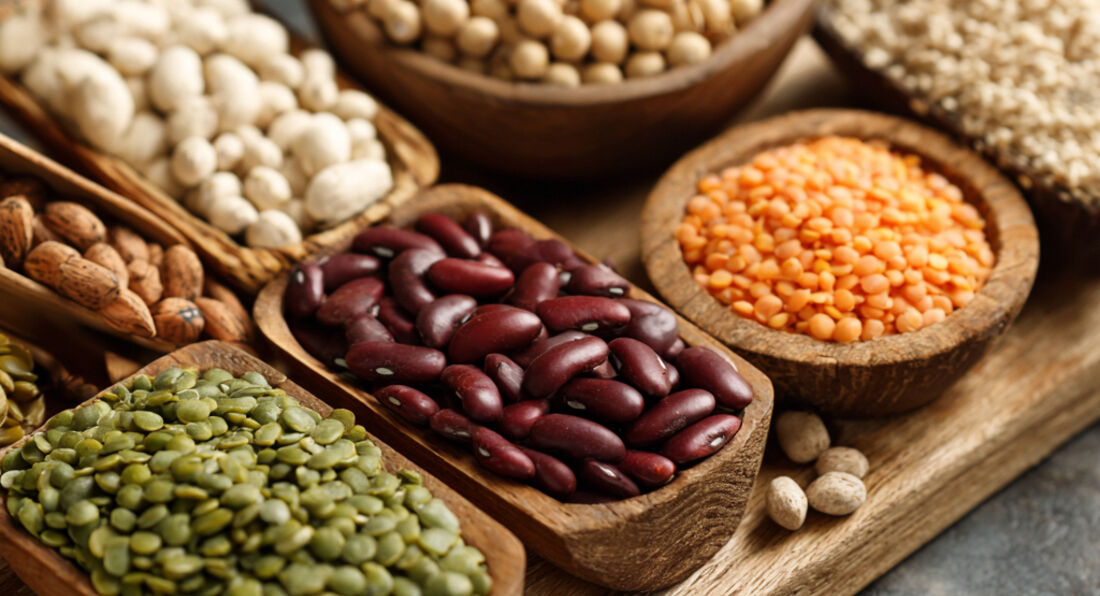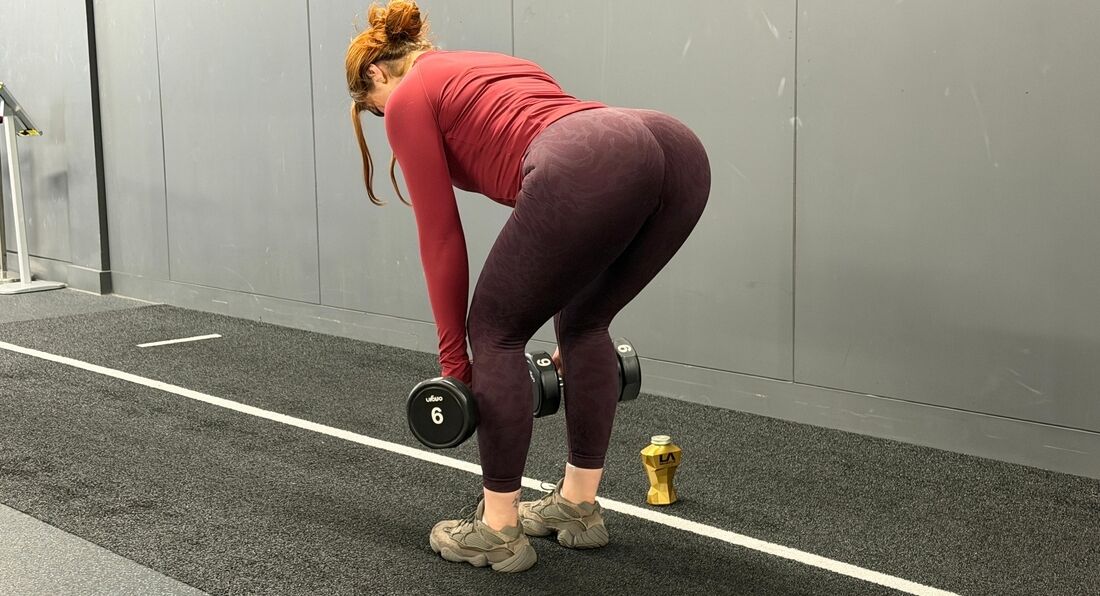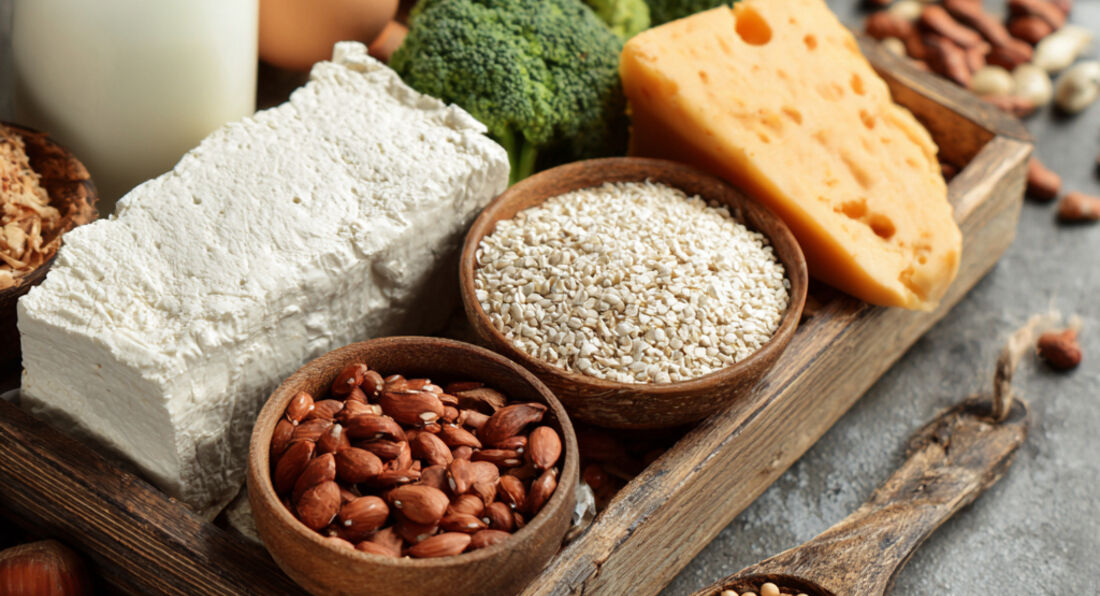The Knowledge > How To Build Muscle >
Tuesday, 5th December 2023
The effects of fasting on muscle mass
By LA Muscle on 05.12.2023 06:02 pm
Muscle mass is a critical component of overall health and fitness. It's not just about looking good; muscles play a vital role in everything from metabolism to mobility. However, what happens to muscle mass when you don't eat for an extended period? And why is regular protein intake, especially for bodybuilders, so crucial for building and preserving muscle mass? This article delves into these questions, exploring the physiological impacts of fasting on muscles and the importance of regular protein consumption for muscle health.
The Effects of Prolonged Fasting on Muscle Mass
1. Muscle Protein Breakdown
When you don't eat for a long time, your body enters a state of fasting. Initially, it uses stored glycogen (from carbohydrates) for energy. Once these stores are depleted, the body turns to other sources, including muscle protein. This process, known as muscle protein breakdown, can lead to a loss of muscle mass over time.
2. Decreased Anabolic Hormones
Fasting reduces the levels of anabolic (muscle-building) hormones. These hormones are crucial for muscle growth and repair. Their reduction can hinder the body's ability to maintain and build muscle tissue.
3. Increased Catabolic Hormones
Conversely, catabolic hormones like cortisol, which promote the breakdown of muscle tissue, may increase during prolonged fasting. This hormonal shift further contributes to muscle loss.
4. Metabolic Adaptations
Over time, the body adapts to the reduced calorie intake by slowing down the metabolism. This adaptive response, while conserving energy, can further exacerbate muscle loss as the body becomes more efficient in its energy usage, often at the expense of muscle tissue.
Building and Preserving Muscle Mass through Regular Eating
1. Consistent Protein Intake
Regular consumption of protein is vital for muscle health. Proteins are the building blocks of muscle tissue. Consuming adequate amounts of protein throughout the day ensures a constant supply of amino acids, which are essential for muscle repair and growth.
2. Stimulating Muscle Protein Synthesis
Eating protein-rich foods stimulates muscle protein synthesis – the process of building new muscle. This is particularly important after exercise, as muscles are more receptive to protein during this period.
3. Preventing Muscle Protein Breakdown
Regular eating helps maintain stable blood sugar levels.
4. Energy Balance
Consistent eating helps maintain an energy balance, ensuring that the body has enough fuel for muscle preservation and growth, without resorting to breaking down muscle tissue for energy.
The Strategy of Professional Bodybuilders
Professional bodybuilders never starve their muscles for a reason. Their goal is to maximize muscle growth while minimizing fat gain, and their dietary strategies reflect this.
1. High Protein Diet
Bodybuilders typically consume a high-protein diet, which supports intense training and muscle recovery. This diet ensures a steady supply of amino acids, which are crucial for muscle repair and growth.
2. Meal Frequency
Many bodybuilders eat multiple small meals throughout the day. This approach keeps protein synthesis rates high and prevents muscle breakdown, ensuring that their muscles are constantly fed and growing.
3. Supplementation
In addition to whole foods, bodybuilders often use protein supplements to meet their high protein requirements. These supplements provide a convenient way to ensure that muscles receive a constant supply of protein.
4. Balanced Macronutrient Intake
While protein is crucial, bodybuilders also pay attention to their intake of carbohydrates and fats. Carbohydrates provide the energy needed for intense workouts, while fats are essential for hormone production, including anabolic hormones like testosterone.
The relationship between muscle mass, fasting, and regular protein intake is complex but crucial. Prolonged fasting can lead to muscle loss due to increased muscle protein breakdown and hormonal shifts. In contrast, regular eating, especially of protein-rich foods, supports muscle growth and preservation. This is why professional bodybuilders prioritise a consistent, protein-rich diet to ensure their muscles are continually nourished and growing. Understanding these dynamics is key for anyone looking to improve their muscle health, whether they're a professional athlete or simply aiming for better overall fitness.





























